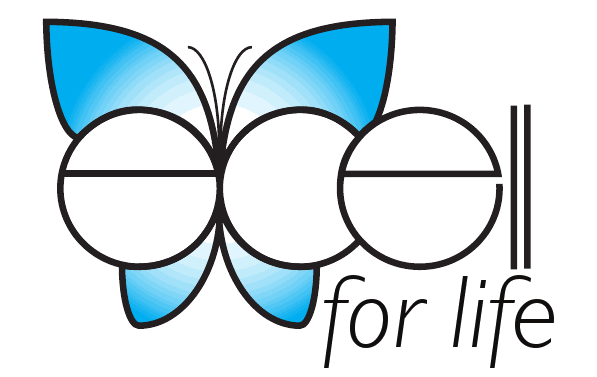Children, Light, and Sleep
Dr. Lisa has recently been telling us how important sleep is to our well-being, both physically and mentally. I have parents talk with me just about every day about sleep problems and their children. We are seeing a rise in depression, mental illness, attention difficulties, and suicide. Lack of sleep in these children and teenagers is no doubt one of the factors contributing to these mental health problems.
One dad brought his two young daughters, ages 6 and 8 years old, in for their yearly well-child visits. These children were quite active and their father had little to no control over them. Finally, Dad brought out two tablets and turned on some videos for the girls to watch, which seemed to calm them down. He proceeded to ask me what he could do to help get them into bed at night, go to sleep, and stay asleep. He and their mother had put a television in the girls’ bedroom and had them watch the TV before bed to help them go to sleep. He said that they leave the TV on in their room all night in case they wake up in the middle of the night so that they will not leave their bedroom. He was quite dismayed when I told him that in order for the kids to get good sleep at night, they should not be exposed to the light that is emitted from any screen—TV, tablet, or computer for at least 2 hours before bedtime. We then had a lengthy discussion about how light from these devices interferes with sleep.
Numerous studies have been done that have shown that bright light before bedtime can throw our circadian rhythms totally out of whack. And they eyes of children are anatomically different from adults—their eyes let in more light. One study at the University of Colorado measured salivary melatonin levels (melatonin is our sleep hormone) in a group of children ages 3-5 years. In the study the researchers put black plastic over the bedroom windows and switched the lightbulbs in their rooms to low-wattage. They had the children spend a day in their rooms, measuring their melatonin levels through the day. They then had the children play on a light table—a glass-topped surface containing a bright light source. It was found that the light table suppressed melatonin by almost 90%, and the effects continued even after the children were returned to the dim light. Fifty minutes after the bright light was gone, most of the children were still not back to half the melatonin levels seen prior to the light exposure.
Children who resist going to bed at night may come out of their rooms with requests several times before they settle down for the night. In doing this, they will get a “blast of light” when they come out of their rooms. Even a short burst of bright light can shut down the body’s melatonin production, causing more wakefulness. If you have this problem with your child, try dimming or turning off lights in other living areas or the parents’ bedroom. If you are using a night light, make sure that it is placed lower on the wall and not shining in the child’s line of sight.
I also have parents of teens, many who are depressed, say that their kids are up until very late at night—midnight or later—looking at their phones, texting their friends. These kids are perpetually tired, their grades suffer, and they cannot pay attention in class. A few savvy parents take their kid’s phones away at night, and these kids do not seem to suffer from mental health problems as much as others.
By the same token, teens and adults of all ages who are reading on a tablet, looking at a mobile phone or computer, or even watching TV two hours before bed, can interfere with getting to sleep at night. Watching these devices have also been shown to increase the number of times that people wake up in the night. This contributes to sleep deprivation, which in turn decreases work productivity, ability to think clearly, interferes with ability to parent your children, and takes joy from your life.
So put down the phone, dim the lights, take a soothing bath, and read a real book (the kind with a cover and pages). Your body will thank you for getting enough good sleep, and you will see this as you gradually start to feel and function better!
Blessings to you,
Nurse Anne

